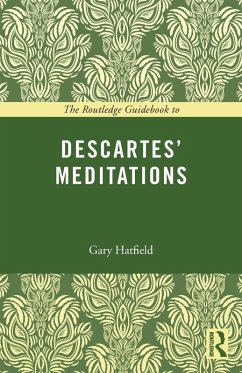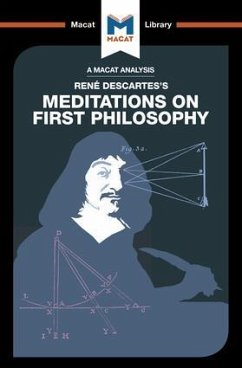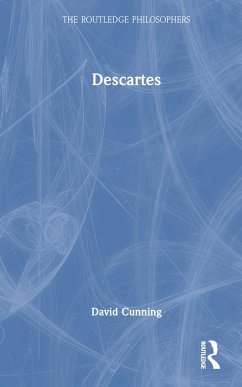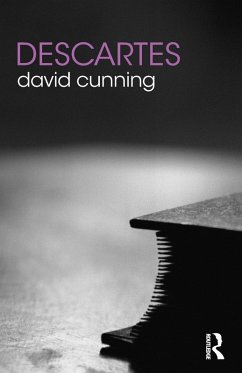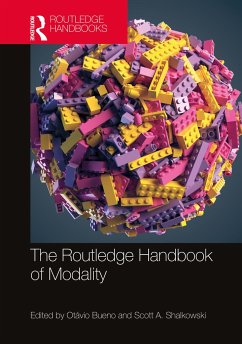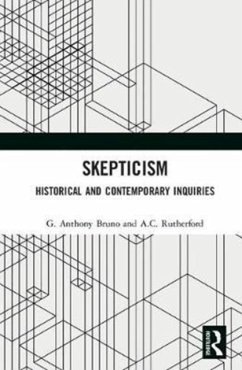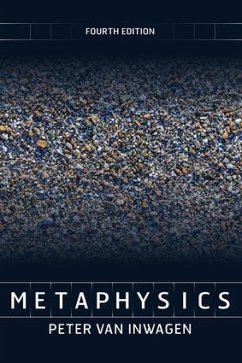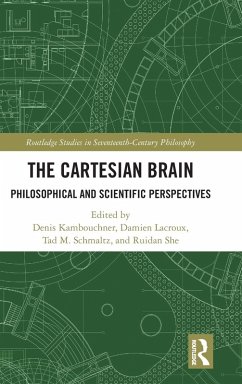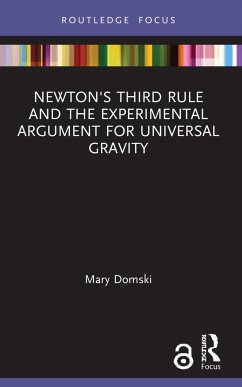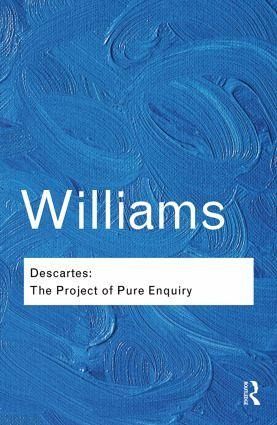
Descartes
The Project of Pure Enquiry
Mitarbeit: Cottingham, John

PAYBACK Punkte
17 °P sammeln!
Descartes has often been called the 'father of modern philosophy'. His attempts to find foundations for knowledge, and to reconcile the existence of the soul with the emerging science of his time, are among the most influential and widely studied in the history of philosophy. This is a classic and challenging introduction to Descartes by one of the most distinguished modern philosophers. Bernard Williams not only analyzes Descartes' project of founding knowledge on certainty, but uncovers the philosophical motives for his search. With acute insight, he demonstrates how Descartes' Meditations a...
Descartes has often been called the 'father of modern philosophy'. His attempts to find foundations for knowledge, and to reconcile the existence of the soul with the emerging science of his time, are among the most influential and widely studied in the history of philosophy. This is a classic and challenging introduction to Descartes by one of the most distinguished modern philosophers. Bernard Williams not only analyzes Descartes' project of founding knowledge on certainty, but uncovers the philosophical motives for his search. With acute insight, he demonstrates how Descartes' Meditations are not merely a description but the very enactment of philosophical thought and discovery. Williams covers all of the key areas of Descartes' thought, including God, the will, the possibility of knowledge, and the mind and its place in nature. He also makes profound contributions to the theory of knowledge, metaphysics and philosophy generally.
With a new foreword by John Cottingham.
With a new foreword by John Cottingham.





